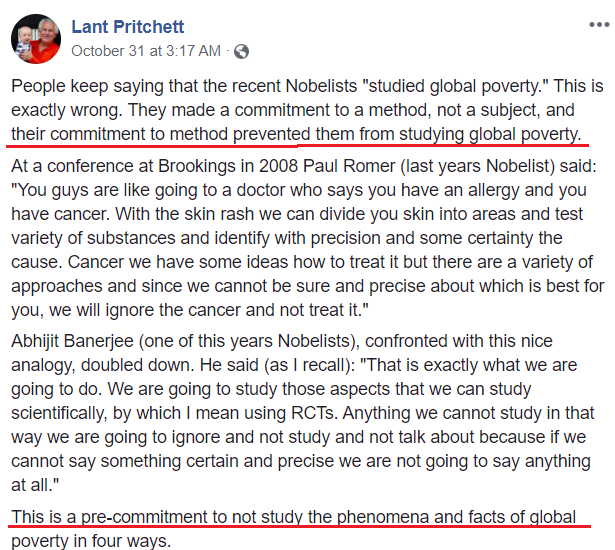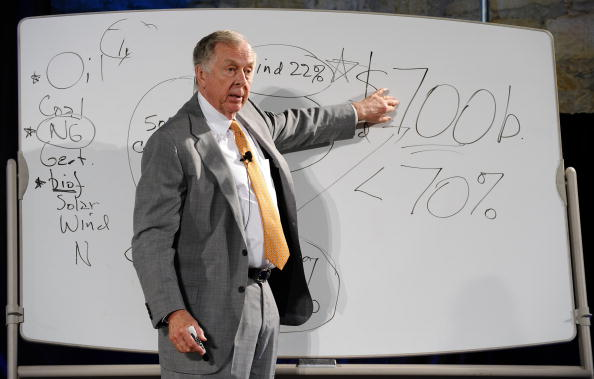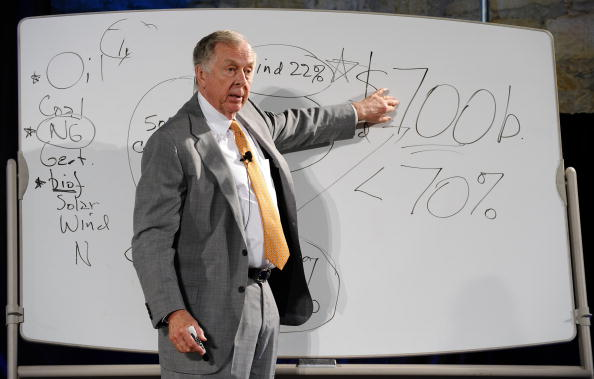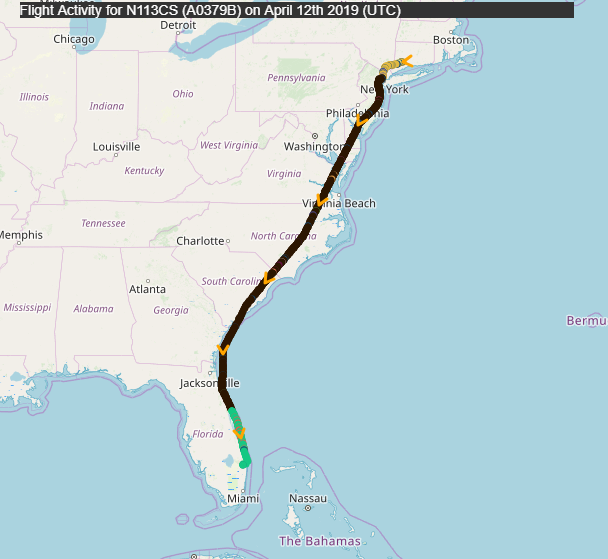bloomberg.com/opinion/articl…
This is a level of shade I haven't seen top economists throw since the Macro Wars of 7 or 8 years ago.
facebook.com/lant.pritchett…


Yay for magic wands!!
Yeah, economists make big grandiose growth models. But most of these - like the Solow Model - are more about telling us what we CAN'T do than what we CAN do. (Solow model tells us we can't get rich just by saving more.)
"Technology"!
"Human capital"!
They don't tell us how to actually get more of these things.
econ2.jhu.edu/people/ccarrol…
Also we know that that, by itself, isn't enough to make a country rich.
Jeff Sachs bet his legacy that it was. But it wasn't.
psmag.com/social-justice…
The legacy of the "Washington Consensus" suggests that no, it is not.
web.stanford.edu/group/scspi/me…
Possibly. Right now it looks like the best candidate (not that many economists are studying it or recommending it!).
But we're still a long way off from a general model.
imf.org/en/Publication…
Given the track record, is that a valuable use of time??
But what Pritchett wants economists to do seems more like the drunk forgetting about his keys and looking around for a free car!!
Should every engineer be working on the holy grail of fusion? Is that efficient? No.
There's absolutely nothing wrong with economists being like plumbers.
Sneering at anyone who doesn't quest after the Ultimate Secret is not a good look.
(end)
bloomberg.com/opinion/articl…













